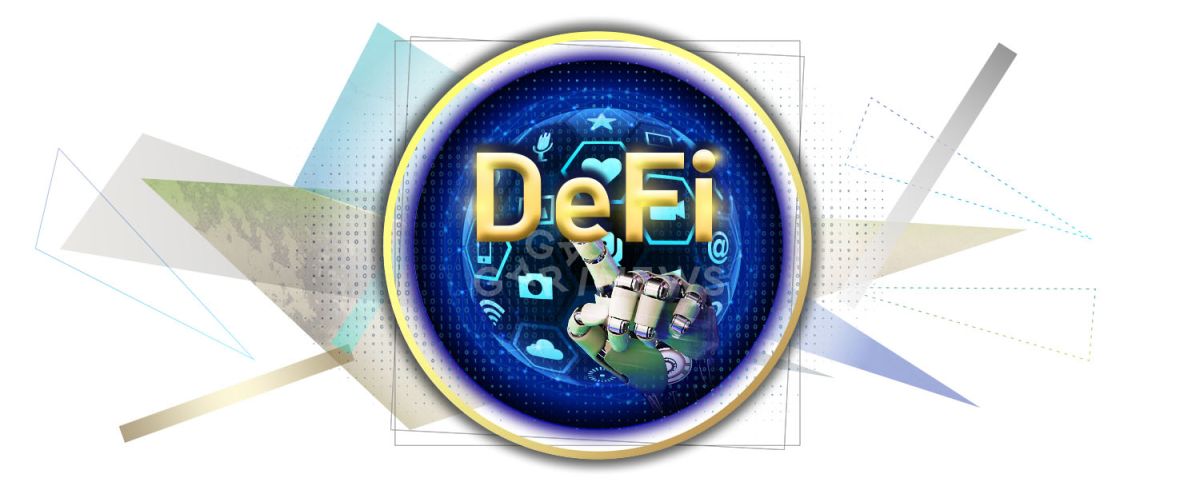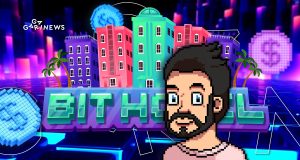Alternative Social Networks: Top 5 DeFi Projects

Most of us have Twitter, Facebook, or Instagram accounts where we share our thoughts and experiences, connect with friends and find new ones. Does true freedom of speech exist in these digital worlds?
Social networks are the constant companion of modern man. They will cheer you up, tell you the news, and help you interact with your loved ones. Ease of installation and use, stylish design, and many additional features – all these advantages have made centralized social networks (FB, Twitter, Instagram, etc.) popular among users of all ages. However, they have significant drawbacks – censorship and poor protection of personal data.
Classical social networks overplay with active advertising (sometimes being aggressive), leaks of users' personal information, and careful moderation of published content. If the first two shortcomings weigh entirely on the conscience of the developers, the increased attention to posts and videos seems to be a good thing at first glance. Moderation prevents potentially dangerous and lawbreaking information – calls for violence and terrorism, drug and alcohol advertising, and insults against ethnic and religious groups.
But remember that the platform sets the content requirements. It makes moderation an effective tool to hide undesirable topics from the social network, its management, or partners.
Are there social media where one can express themselves without restrictions (within the limits of the law, of course)? Yes. These are decentralized social networks.
Advantages of DeFi projects
Why is it increasingly common to say that the future belongs to DeFi projects? Decentralized social networks on the blockchain are platforms in which the main role is given to users, not developers. Their priorities are freedom of speech, the fight against censorship, and support for participants' right to anonymity.
- Reliable protection of users’ personal data. In centralized social networks, the founder has full access to the data and is responsible for the safety of confidential information. This leaves room for unintentional or intentional data leakage, sale, and use in native advertising possible. Users of DeFi platforms do not have such problems. Distributed ledgers are used to store their data. Public key encryption enhances protection.
- Lack of censorship. There is no moderation or censorship in decentralized social networks. Once content is published, only the user has access to it. No one else, including the platform owner, can edit or delete published information. On DeFi platforms, posts are not banned by the moderator, and user accounts are not blocked.
- No native ads! Are you annoyed that there are fewer posts of your friends in the feed than clothes from no-name companies and know-it-all-methods for all occasions from coaches? Decentralized social networks will solve this problem once and for all. At the same time, they also use various tools to encourage users and monetize content without selling advertising and personal data.
The main disadvantage of DeFi projects is the absolute freedom that attackers can take advantage of. How to prevent such platforms from turning into a darknet with really dangerous and shocking content? Currently, this task is of utmost relevance for developers. While they are working on its solution, we want you to get acquainted with the five most popular decentralized social networks that have already received recognition from users.
Steemit
Source: steemit.com
A DeFi platform that rewards the most active users. The priority is given to high-quality, unique content. The higher the level of publication, the more the author will be able to earn.
There are two ways to receive rewards on Steemit: posting content and upvoting/commenting on it (curating). What do earnings depend on? For the author, the number of votes received matters, and for the curator, the activity of upvoting and commenting. At the same time, speed matters: if you are one of the first to upvote a post that will be popular in the future, the reward will be higher.
On the site, users have access to STEEM tokens, the internal currency STEEM DOLLARS (equivalent to about $1 USA, traded on the exchange), and STEEM POWER karma (increases the upvote’s value).
Minds
Source: minds.com
A free, decentralized social network, often called an alternative to Facebook. Indeed, the platform has a similar functionality: users post photos, videos, and what's on their minds, communicate in messages and video chats, and search for content of interest using channels and hashtags.
The main difference between these two social networks lies in the organization and priorities. Minds is a blockchain platform with a monetized content system. Each user can receive a reward in Mind tokens for contributing to the community's development. Regarding values, privacy and freedom of expression are the most important for Minds.
PeerTube
Source: joinpeertube.org
A non-commercial open-source DeFi project for organizing video hosting and video broadcasting. In simple terms, PeerTube is a decentralized alternative to YouTube.
The platform is based on ActivityPub and WebTorrent technologies. It combines independent video servers into a federated network whose users participate in content delivery, subscribe to channels, and receive notifications of new publications.
The main advantage of PeerTube is complete independence. There are no mysterious moderation and constantly changing display algorithms on the platform. PeerTube exists on user donations, does not participate in advertising campaigns, and does not track its users.
Mastodon
Source: joinmastodon.org
A decentralized alternative to Twitter. Its popularity has skyrocketed since the acquisition of Twitter by Elon Musk. So, within a week after the deal, the number of new Mastodon users reached 230,000!
The project allows users to deploy their platforms or join existing communities. There are no central servers with established rules in this social network. Users registered on different servers set their own rules, but at the same time, they see each other's messages.
Posts in the Mastodon feed are placed in chronological order. There are no ads and prohibited topics, for which users are constantly blocked on Twitter.
Diaspora
Source: diasporafoundation.org
Another decentralized anti-Facebook. There are rumors that the developers of Google+ and FB borrowed some functions from this platform, but they have yet to be officially confirmed.
Created by students at New York University, a social network consists of interconnected nodes (pods), managed by different users and organizations. They are independent but interact with each other. This distribution makes the platform resistant to marketing campaigns, censorship, and corporate takeovers.
In Diaspora, users post different types of content, have pseudonyms, and retain rights to personal information. At the same time, they are not threatened with sudden account blocking. You can download all messages and files and then delete the account if necessary.
Conclusions
Decentralized social networks are closer than many Twitter, FB, and Instagram followers think. If in the foreseeable future, their developers solve the problem with the publication of illegal content, we will have a real battle for users between centralized and DeFi platforms.
The content on The Coinomist is for informational purposes only and should not be interpreted as financial advice. While we strive to provide accurate and up-to-date information, we do not guarantee the accuracy, completeness, or reliability of any content. Neither we accept liability for any errors or omissions in the information provided or for any financial losses incurred as a result of relying on this information. Actions based on this content are at your own risk. Always do your own research and consult a professional. See our Terms, Privacy Policy, and Disclaimers for more details.






























